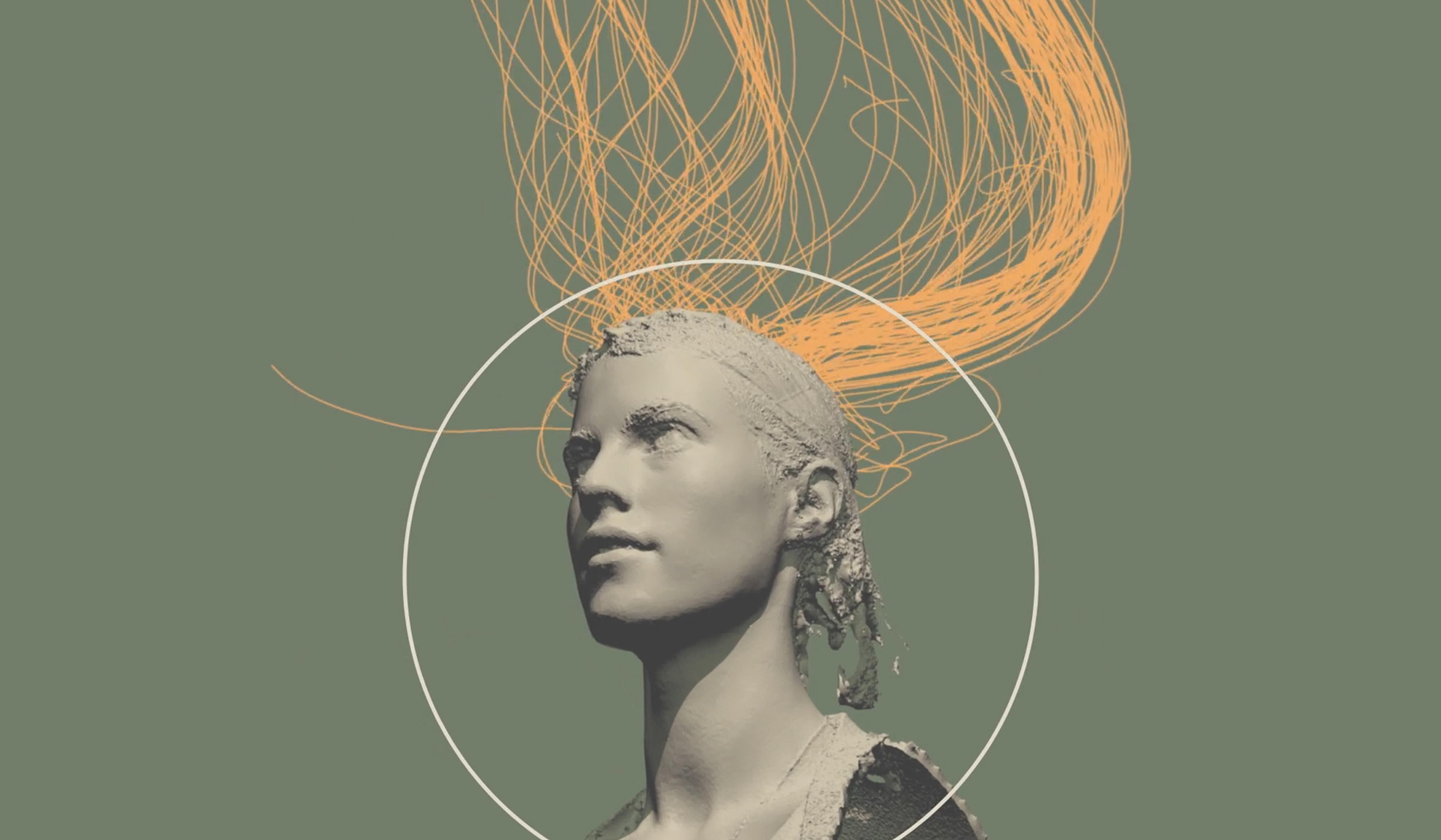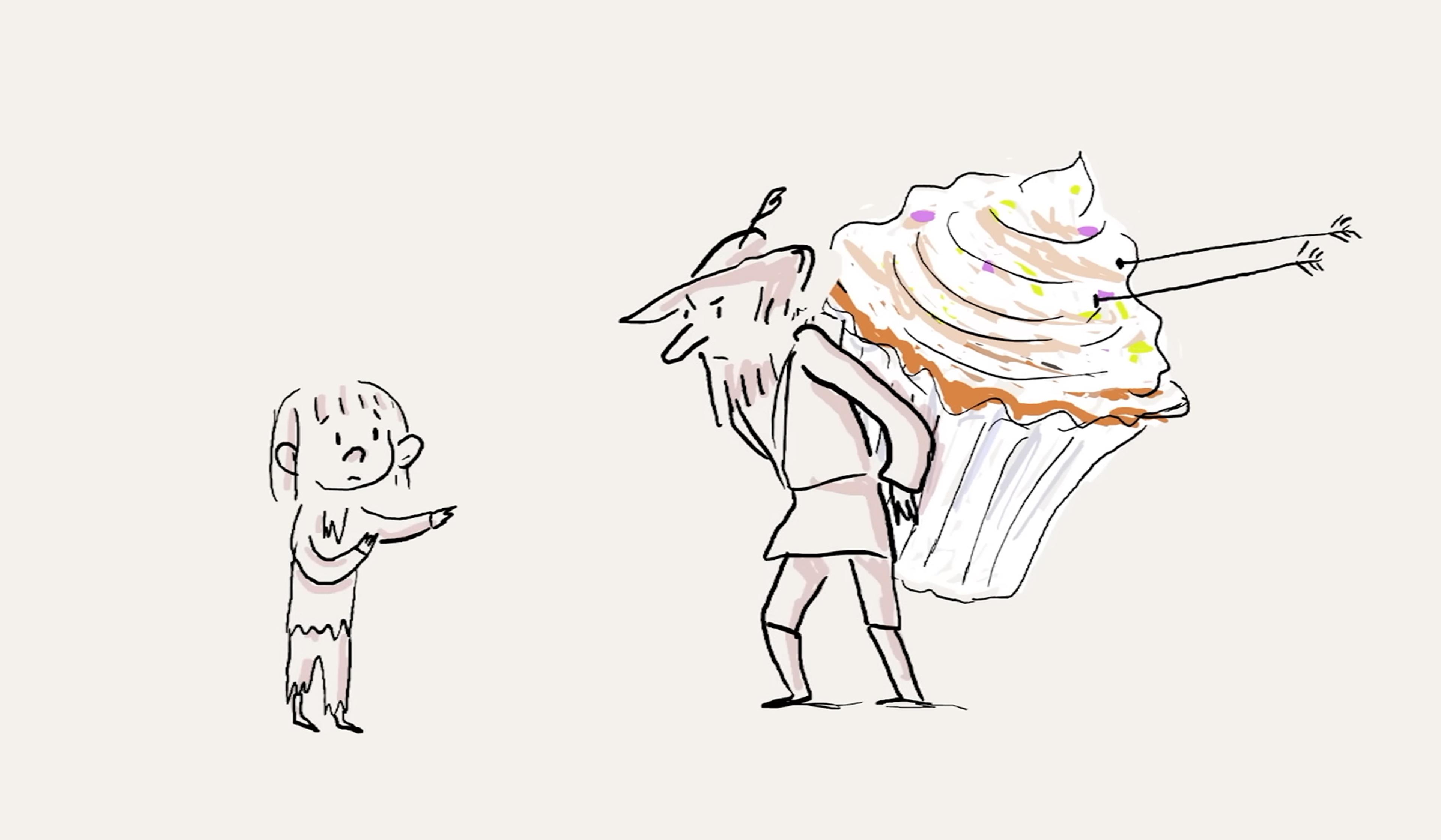If there’s one political idea most of us can agree on, it’s that we’re currently living through an age of immense ideological polarisation. Inspired by the hyperpartisan political climate in the US, the experimental social psychologist Peter Ditto at the University of California, Irvine set out to investigate how differing views of morality shape political judgments. Working from what’s known as ‘moral foundations theory’, which uses five categories – harm, fairness, loyalty, tradition and purity – as a framework for moral reasoning, Ditto created a survey website to learn to what extent different moral frameworks shape outlooks on political questions, and indeed the greater world. His findings were compelling, but likely unsurprising if you’ve ever had an irreconcilable political squabble at the dinner table: it’s our moral filters, not facts or rational thinking, that mould our ideological outlooks. You can read more about Ditto’s work at the University of California website.
Facts and reason are not enough. If you want to understand politics, look to morals
Video by University of California
Website: Fig. 1

videoEthics
All’s not well that ends well – why Kant centred morality on motives, not outcomes
55 minutes

videoSocial psychology
Don’t misread Darwin: for humans, ‘survival of the fittest’ means being sympathetic
5 minutes

videoPolitical philosophy
Beyond the veil – what rules would govern John Rawls’s ‘realistic Utopia’?
6 minutes

videoPhilosophy of mind
We may never settle the ‘free will’ debate, but tapping into it is still worthwhile
32 minutes

videoSelf-improvement
Why preparation, not willpower, is the key to mastering self-restraint
5 minutes

videoEthics
For Iris Murdoch, selfishness is a fault that can be solved by reframing the world
6 minutes

videoEthics
You messed up. You’re in trouble. But don’t worry, logical positivism can help
6 minutes

videoFairness and equality
To build a fair society, we must first be able to envision it. John Rawls can help
64 minutes

videoCognition and intelligence
Why it’s so easy to cheat without feeling dishonest
11 minutes